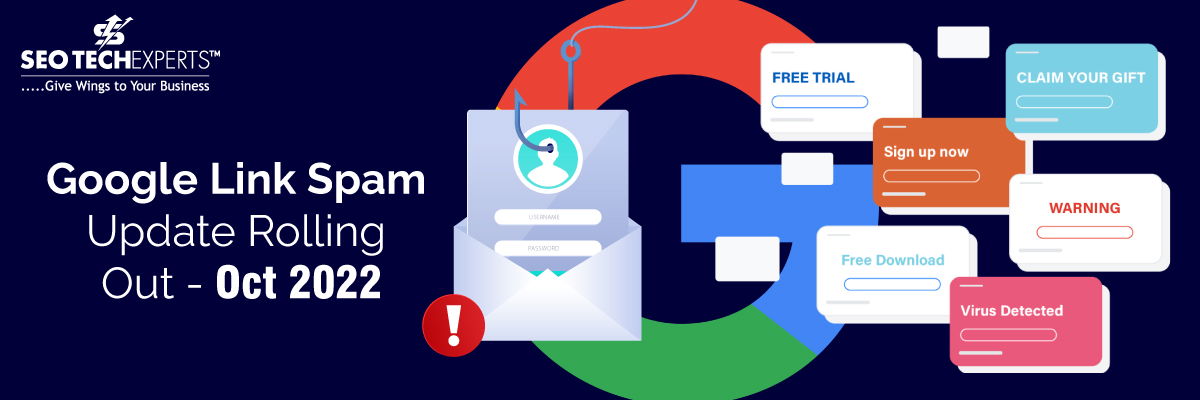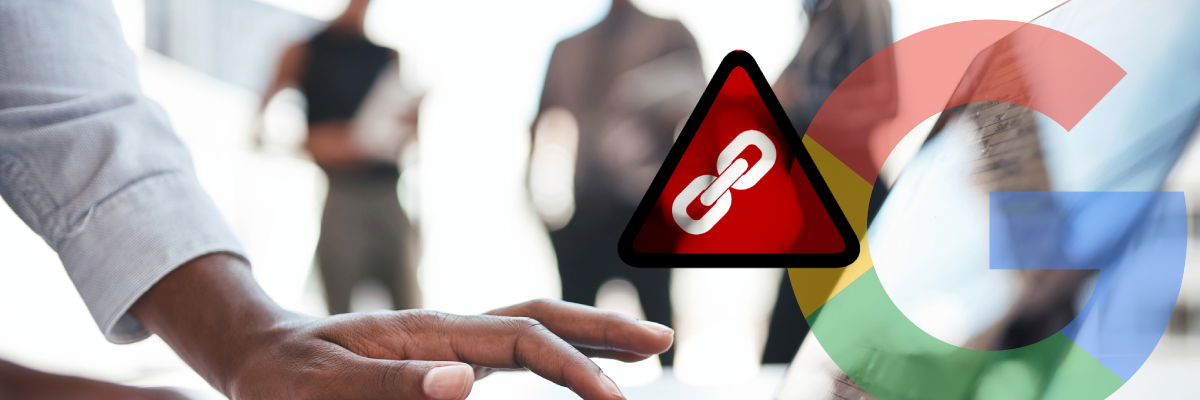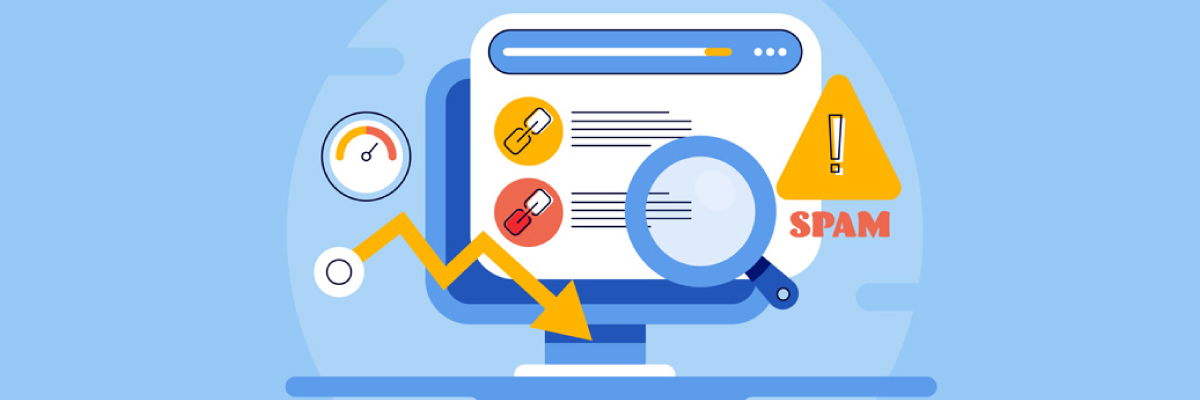Google Link Spam Update Rolling Out - October 2022

What is the Link Spam Update?
There's been a new Google update. SEOs worldwide are experiencing a roller coaster of emotions as they either hurry to fix the damage done by their malpractices or pop the champagne to celebrate the arrival of a flood of free, organic visitors.
There have been three updates in quick succession: one targeting link spam in May, another in June, and the second in July focusing on the system's heart. This is because Google has implemented a new method for rolling out updates. That, however, will be discussed in further detail below.
For the time being, we will explain the Link Spam Update. Afterward, we'll go at Google's changes in a broader context. The potential consequences of engaging in questionable practices and a plan for getting back on track if you do.
The New Version of Link Spam
Google's latest initiative to prevent low-quality content from ranking well is the Link Spam Update, which was released on July 26. It will be implemented over the next two weeks, so it will likely be fully operational by the time this is published.
What is it?
Thus, it is well knowledge that links are SEO's sustenance. They serve the same purpose as a digital "like" or the online version of a citation in a research paper. It's a method among many that Google uses to determine which pages should be at the top and which should be further down.
However, due to the importance of links and the monetary significance of high page ranks, an entire industry has developed around providing links to online content.
There may be some truth to this. A large portion of it, however, is not. Google's definition of natural and unnatural connections has been elaborated upon on multiple occasions, most notably in its stance against link schemes.
Paid links, affiliate links, and sponsored guest posts are the main targets of this link spam update.
Sponsored links and affiliate links

Internet blogs typically generate income through affiliate marketing or paid guest blogging.
Promoted links, often known as affiliate links, direct traffic to the websites of third-party merchants. Affiliates get paid a sale price cut whenever their unique referral link is used to purchase the advertised product.
To put it simply, sponsored guest posting is when one website pays another to publish content on its site.
Absolutely nothing incorrect can be said about this. Many website proprietors rely on this method of payment. And many businesses can benefit from increased brand recognition and qualified leads as a result.
The problem arises when such tactics are employed as manipulative link activities. Therefore, if it is not correctly labeled, Google may see it as an attempt to influence its ranking algorithms by purchasing connections. To Google's surprise, that's not a good thing.
It's also probably against the marketing rules in your nation.
Facts You Need to Know About Google's Spam Update in October 2022
The condensed form of the current knowledge is as follows:
Name: Google October 2022 Spam UpdateLaunched: Google released an update on October 19, 2022, at roughly 11 a.m. ET.
Rollout: The rollout will take many days.
Targets: It makes it easier for Google to find spam. Google said, "Sites that break our rules may rank lower in results or not show up at all."
Penalty: Spam tactics that violate Google's anti-spam standards will be punished.
Global: There will be changes for all languages and locations because this is a global upgrade.
Impact: As for the update's impact, Google was unwilling to provide any figures on the proportion of inquiries or searches affected.
Recover: If this has happened to you, Google recommends reviewing your spam rules to ensure you follow the guidelines set forth.
Refreshes: Spam updates will be refreshed regularly by Google. Google has stated that recovery can take several months.

So, what exactly is new in this revision?
Google's latest update is an effort to address this issue.
This is what you need to remember:
Google is improving at detecting these fake links, and the company plans to eventually "nullify" (i.e., ignore) them in its ranking algorithms.
It's not a simple task, though. They also warn that "algorithmic and manual actions may be implemented" when they find sites "engaging in either publishing or obtaining links with excessive sponsored and guest posts without adequate link tags
Google has updated its policies to clarify how to label sponsored links.



